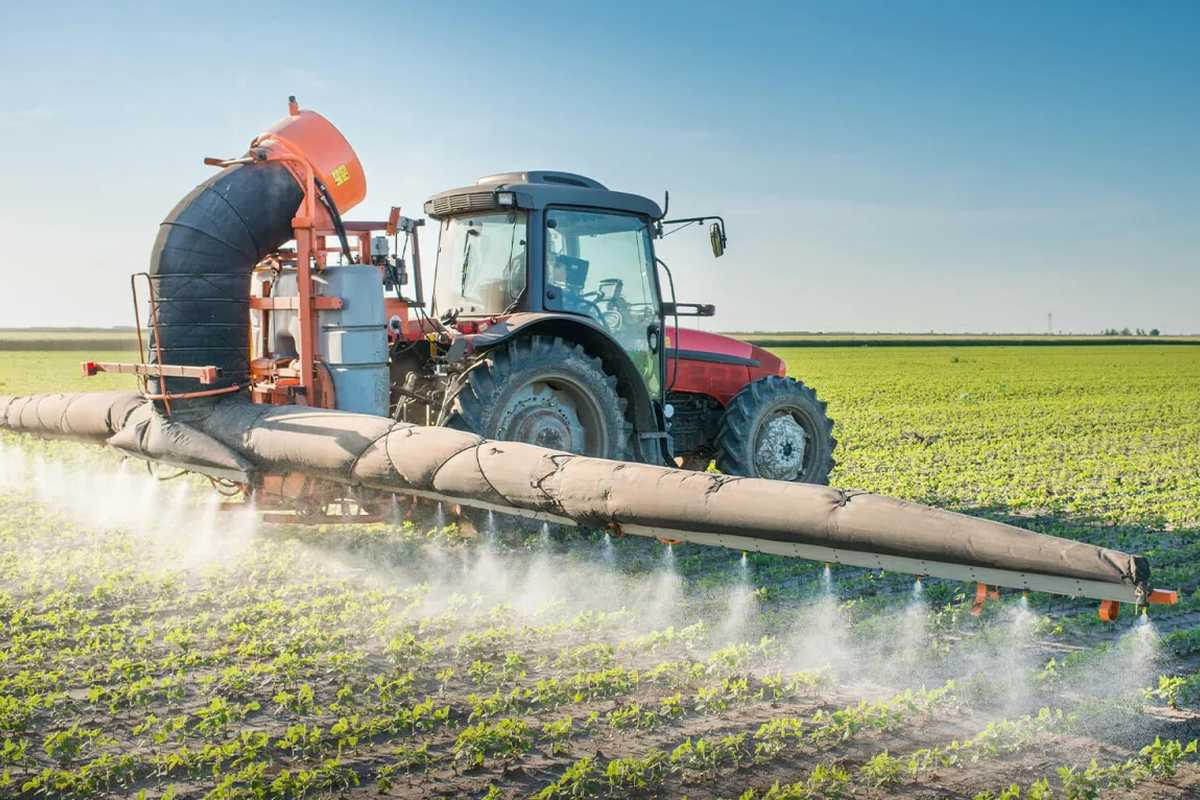In a bold move to safeguard environmental integrity and public health, the Canadian government has recently implemented “no-go zones” for lobbyists from CropLife and similar organizations involved in the agrochemical industry. This decision comes as part of a broader effort to reduce the influence of powerful agricultural chemical lobbyists on public policy, especially concerning pesticides and genetically modified organisms (GMOs).
CropLife, a prominent representative of agrochemical companies, has faced increased scrutiny from environmental groups and the public. Critics argue that the lobbying by such organizations has long swayed regulatory frameworks in favor of agrochemical businesses, often at the expense of environmental health and biodiversity. The new no-go zones are designated areas where these lobbyists are restricted from engaging in advocacy activities, particularly in settings where policy decisions are made that affect national parks, protected wildlife areas, and regions designated for organic farming.
The implementation of no-go zones marks a significant step in Canada’s commitment to more transparent and environmentally responsible policy-making. It aims to ensure that decisions regarding land use, pesticide approval, and crop management are made based on scientific evidence and public interest, rather than the influence of industry insiders. By limiting the reach of lobbyists in sensitive ecological and agricultural zones, the government intends to protect these areas from practices that could disrupt local ecosystems and biodiversity.
This policy has been met with mixed reactions. While environmentalists hail it as a victory for conservation efforts and sustainable agriculture, industry representatives argue it might hinder the development and application of new agricultural technologies that could benefit farmers and consumers alike. Nevertheless, the Canadian government maintains that the move is crucial for maintaining the balance between agricultural advancement and environmental preservation, ensuring that future generations inherit a healthier, more sustainable natural environment.




